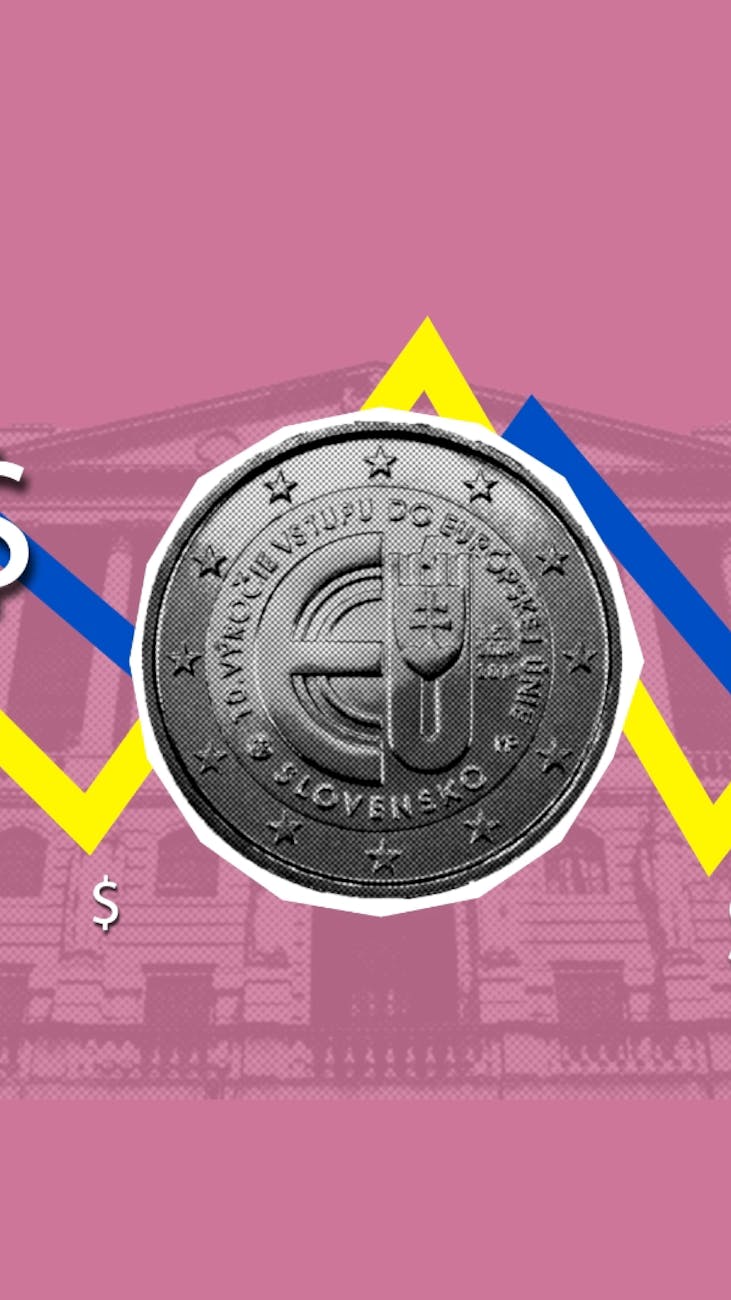The highest court in the land is currently grappling with a momentous decision that could reshape America’s trade landscape, with recent proceedings indicating a significant challenge to presidential authority on tariffs. Observers note a palpable skepticism among the justices regarding the legal foundation of these pivotal economic measures, prompting widespread concerns over the future of national trade policy. The stakes, according to a former President, are nothing short of the nation’s very survival.
Unpacking the High Court’s Concerns: Presidential Trade Powers Under Constitutional Microscope
During recent intense deliberations, the Supreme Court justices rigorously questioned the scope of executive authority in imposing tariffs without explicit congressional approval. The atmosphere in the courtroom was charged with probing inquiries, as legal minds sought to delineate the boundaries of presidential power concerning international trade policy. The core of the skepticism appears to revolve around interpretations of constitutional provisions, particularly the balance of power between the executive and legislative branches when it comes to economic directives that profoundly impact the nation. Experts suggest the justices are carefully weighing whether past presidential actions on tariffs aligned with the spirit and letter of existing statutes and the U.S. Constitution.
Why a Former President Deems Tariff Legality a ‘Life or Death’ Economic Imperative for the Nation
Adding an extraordinary layer of urgency to the proceedings, a former President has publicly characterized the Supreme Court’s examination of tariff legality as a critical juncture for the United States, framing it as a matter of national ‘life or death’. This potent declaration underscores the profound economic and strategic ramifications perceived by proponents of such trade measures. From this perspective, tariffs are not merely economic tools but essential instruments for protecting domestic industries, ensuring fair trade practices, and securing the nation’s economic sovereignty against global competitors. The potential for a ruling that curtails executive tariff powers could, therefore, be seen as fundamentally altering America’s ability to defend its economic interests on the international stage.
Future of U.S. Trade Policy Hangs in the Balance
As the Supreme Court weighs the complex legal and economic facets of presidential tariffs, the eventual ruling promises to set a monumental precedent for future trade policy and the delicate balance of power within the U.S. government. The outcome, awaited with bated breath across various sectors, will define the precise parameters of executive authority in economic matters and potentially reshape America’s global economic standing for generations to come. This decision is poised to be a landmark moment, impacting everything from consumer prices to international relations.

Leave a Reply